The EU's commitment to Ukraine, violence in France, Hungary's postponement of the vote to bring Sweden into NATO... are some notable international news of the past 24 hours.
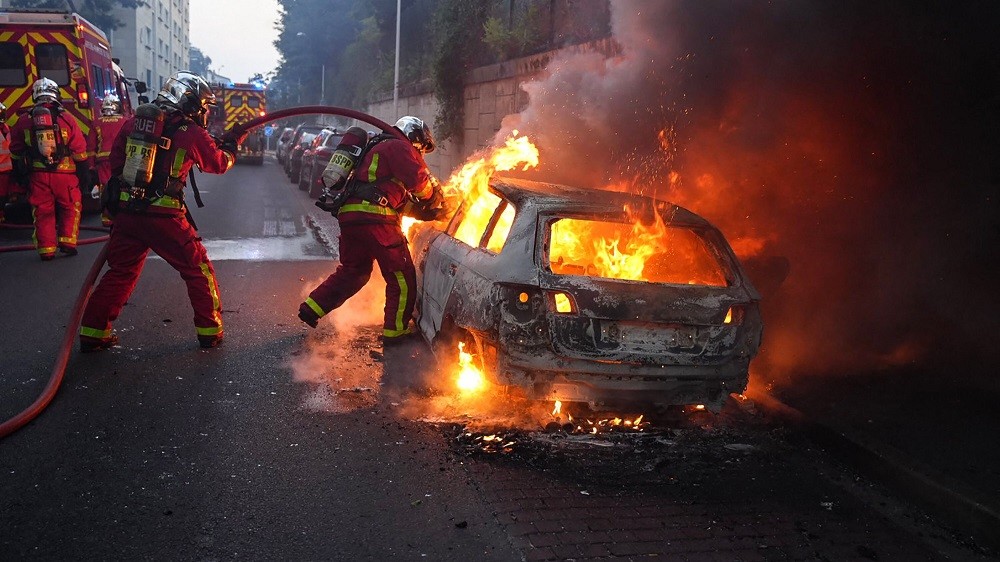 |
| Firefighters extinguish fires after arson by protesters in Paris, France. (Source: AFP/Getty Images) |
The World & Vietnam Newspaper highlights some of the day's international news highlights.
* Russia does not give up its goals in Ukraine: On June 29, speaking on Channel One (Russia), Foreign Minister Sergei Lavrov said: "In the past few days, President Vladimir Putin has talked a lot about the current situation. He emphasized that while overcoming the mutiny, we have not made any concessions regarding the goals of the special military operation and have not lost any positions on the ground... We cannot give up on them - the goals have been set."
According to the head of the Russian foreign ministry, the country cannot change its approach to the current military operations in Ukraine. Because, he believes that the West still deliberately creates threats to the country's security, transports lethal weapons to the field and "destroying everything Russian in Ukraine continues to be their stated goal". (TASS)
* Russia urges countries not to participate in the "peace conference" for Ukraine : On June 28, referring to this issue, Russian Foreign Ministry spokeswoman Maria Zakharova said: "We call on responsible countries, who are truly working for peace and more, expressing their desire and readiness to play a constructive role in finding a political and diplomatic solution to the conflict, not to participate in this conference. It is a provocation."
According to the diplomat, “peace depends on stopping the bloodshed and, therefore, on stopping the supply of weapons.” Ms. Zakharova stressed: “Without this, no roundtable, conference or symposium will achieve anything.” The Russian diplomat also recalled how Kiev has violated the Minsk Agreements signed by Western leaders.
According to her, the West's desire to invite as many people as possible to this conference, above all from the countries of the Southern Hemisphere, is aimed at only one goal: "to attract them to the group of supporters of the West's deliberate commitment to the events in and around Ukraine." (TASS)
* EU outlines “future security commitments” to Ukraine : On June 29, Financial Times (UK) cited a draft document of the European Union (EU) saying that the bloc is preparing to propose “future security commitments” to Ukraine at the upcoming summit in Brussels. Accordingly, the draft said that the EU and its member states are ready “to commit together with partners to provide future security guarantees for Ukraine, which will help Ukraine defend itself in the long term, prevent attacks and counter attempts to destabilize it”.
However, the French draft has now faced opposition from countries such as Ireland, Malta and Austria, which have detailed the “commitment” in more detail. Others have criticised the idea of making such promises for not being clearly defined. (Financial Times/Sputnik)
* Denmark : EU does not lower standards because of Ukraine : In an interview with the Financial Times on June 29, Danish Finance Minister Lars Lokke Rasmussen affirmed that his Government supports granting EU membership to Ukraine, Moldova, Georgia and countries in the Western Balkans.
But he said the “geopolitical circumstances” did not justify avoiding governance reforms. The EU risks “importing instability” if it relaxes democracy and anti-corruption standards to speed up the admission of Ukraine and other candidate countries, according to Denmark’s finance minister. (Reuters)
| RELATED NEWS | |
| Ukraine situation: Kiev has not yet launched a full counterattack, Colombian citizen injured in Kramatorsk? | |
* US Treasury Secretary wants to resume contact with China : In an interview published on June 28, US Treasury Secretary Janet Yellen hopes to visit China soon to “reconnect,” despite differences between the two countries. The US official stated: “There is a new leadership group and we need to get to know each other.” She did not give a specific time for her visit to Beijing. However, Bloomberg reported that Ms. Yellen will visit China in early July.
Acknowledging that the two countries have disagreements, the US Treasury Secretary also stressed that Washington will continue to protect its national security interests. She stated: "The United States is and will continue to act to protect its national security interests. We will do that even if it causes some economic damage."
According to Treasury Secretary Janet Yellen, economic competition will benefit both countries: “Healthy competition benefits American and Chinese businesses and workers. This is both possible and desirable.” (AFP)
| RELATED NEWS | |
| US-China diplomatic officials talk on the phone | |
Southeast Asia
* The Cambodian Senate passed the draft amended Election Law : On the morning of June 29, at a plenary session chaired by President of the Cambodian Senate Samdech Say Chhum, this legislative body passed the full text of the draft amended Election Law. A press release from the Cambodian Senate Secretariat said that after the explanation and defense of the draft law by Minister of Justice Koeut Rith, all 59 senators attending the plenary session on the morning of June 29 voted in favor of the draft amended Election Law.
The amendments focus on the provision that those who do not vote will not be eligible to run for office in subsequent elections. In addition, the law also adds provisions for fines or penalties for those who prevent voters from voting, as well as activities that affect the election process.
After being approved by the National Assembly and the Senate, the draft will be sent to the Constitutional Council of Cambodia (CCC). The CCC is expected to meet on this issue on the morning of June 30, with the participation and explanation of Government representatives. If the CCC unanimously approves, the draft will be submitted to the King for signing a decree to promulgate the law.
Cambodia holds general elections every five years, with the most recent election taking place on July 29, 2018. (VNA)
* Thai Election: MFP may "sacrifice" cabinet seats : On June 29, Thai PBS World (Thailand) quoted a source from the Progressive Party (MFP) saying that the party may "sacrifice" some cabinet seats to secure the position of Speaker of the House of Representatives.
According to these sources, in theory, the MFP is the party with the highest number of MPs in the House of Representatives and therefore has the right to hold the leadership position of the House of Representatives. However, in reality, a struggle has arisen between this party and the Pheu Thai Party as the two sides are coordinating to form a post-election coalition. The disagreement even caused the two political parties to cancel a meeting scheduled for June 28, amid rumors that Pheu Thai is negotiating a “backstage” agreement with some parties in the outgoing coalition government.
However, political observers believe that Pheu Thai may be using the position of Speaker of the House of Representatives as a bargaining chip to gain more seats in the cabinet.
Earlier, an MFP source revealed that the party's candidate for House Speaker is Padipat Suntiphada, 42, a lawmaker representing Phitsanuloke and former chairman of the House Committee on Politics, Media and Public Participation. Speaking on June 28, Padipat said he believes there is still time for MFP and Pheu Thai to reach an agreement on the House Speaker position. (Thai PBS World)
| RELATED NEWS | |
| Thai Politics: MFP Leader Confident, Potential Alliance 'Prepared'? | |
South Pacific
* New Zealand : Relations with China are "extremely important": On August 29, responding to Xinhua News Agency (China) at a media event in Beijing, New Zealand Prime Minister Chris Hipkins said: "This is an extremely important relationship for New Zealand. The relationship between the two countries can be determined by the areas where the two sides have agreements and common interests. These areas are very diverse."
He noted that Wellington’s top priority in recovering from the Covid-19 pandemic is to re-establish economic activity with Beijing. Although China is already New Zealand’s largest trading partner, the South Pacific nation wants further trade links.
Prime Minister Chris Hipkins also stressed that bilateral educational cooperation is “progressing well.” Wellington wants to promote educational cooperation with Beijing, as this will “benefit both countries.” The leader also believes that New Zealand will become a favorite tourist destination for Chinese tourists. (Xinhua)
| RELATED NEWS | |
| China-New Zealand promote 'positive and constructive' relations | |
Northeast Asia
* South Korea welcomes currency swap deal with Japan : On June 29, South Korean presidential spokesman Lee Do-woon said: "The resumption of the Korea-Japan currency swap deal is meaningful progress, showing that the bilateral relationship, which has rapidly recovered in security and industry after the March summit, is also gradually recovering financially."
Earlier in Tokyo, South Korean Finance Minister Choo Kyung Ho and his Japanese counterpart Suzuki Shunichi signed a $10 billion currency swap agreement between the two countries. Thus, the two sides officially restored the agreement that was terminated in 2015, when bilateral relations were still tense. (Yonhap)
* The US plans to deploy a nuclear-armed submarine to South Korea : On June 29, speaking at the annual forum organized by Yonhap (South Korea) and the South Korean Ministry of Unification in Seoul, Deputy Commander of the US Forces Korea (USFK), Lieutenant General Scott L. Pleus said: "In the near future, you can expect another demonstration of the US commitment to expanding deterrence capabilities with a port visit by a nuclear-powered and ballistic missile submarine." However, he did not specify the time this ship would arrive in South Korea.
The USFK deputy commander also stressed that the alliance between US and South Korean forces remains “more important than ever” in the face of new threats, including North Korea’s “unprecedented” missile launches over the past two years. (Yonhap)
| RELATED NEWS | |
| US President invites Japanese and South Korean leaders to attend trilateral summit | |
Central Asia
* French Foreign Minister visits Mongolia : On June 29, writing on Twitter , French Foreign Minister Catherine Colonna stated: "I have arrived in Mongolia, a democracy three times larger than France, located between China and Russia." According to her, Paris and Ulanbataar share "a partnership that strengthens the sovereignty and strategic autonomy of our two countries."
Meanwhile, commenting that “Mongolia has many resources that are not yet fully identified or exploited,” a French official accompanying the delegation mentioned a “major project to exploit uranium mines” by the French nuclear company Orano, which has not yet been approved by Mongolia. Ms. Colonna is expected to meet with Mongolian President Ukhnaa Khurelsukh and his host country counterpart on June 30. (AFP)
| RELATED NEWS | |
| Kyrgyzstan plans to open embassy in Mongolia | |
Europe
* France arrests 150 people in night of violence : On June 29, writing on Twitter , French Interior Minister Gerald Darmanin said that the country's security forces arrested 150 people in the second night of violence after police killed a teenager.
“A night of intolerable violence, with symbols of the republic, town halls, schools and police stations being burned or attacked, is a shame for those who did not call for calm,” the official said. On the same day, French President Emmanuel Macron also convened a meeting with several ministers to discuss the current security situation in the country. (AFP)
* Czech Republic 's new security strategy mentions Russia and China: On June 28, the Czech government adopted a new Security Strategy. According to this document, the period of peace and stability in Europe since the Cold War has ended. The new security strategy requires Prague to "be thoroughly prepared for the risk of becoming part of an armed conflict".
Regarding Russia and China, the strategy document also asserts: “Russia’s deliberate attempt to undermine the Czech Republic’s political, economic and social stability… poses a fundamental threat to our security… China raises doubts in the international order, which has a negative impact on Euro-Atlantic security….”
The Czech Republic has been reviewing its relations with Russia and China since Prime Minister Petr Fiala's government took office in early 2021. The previous government and former President Milos Zeman were seen as pursuing closer ties with both Moscow and Beijing. In its 2015 security strategy, the Czech Republic did not name Russia or China. (Reuters/TTXVN)
* Poland presents border security plan to EU : Polish Prime Minister Mateusz Morawiecki said on June 29 that he will present a plan to strengthen the EU's borders at a summit in Brussels on the same day. The leader said the border agency Frontex should be reformed and more funds needed to help member states facing migration problems.
Earlier in the day, Polish Deputy Foreign Minister Pawel Jablonski said the country hoped the EU would fund Warsaw's efforts to strengthen its eastern border against the presence of Wagner forces in Belarus. (Reuters)
* Hungarian House of Representatives Committee postpones vote on Sweden's NATO membership : On June 29, MP Agnes Vadai of the opposition Democratic Union (DK) party said the Committee has rejected a proposal to schedule a vote on ratifying Sweden's membership of the North Atlantic Treaty Organization (NATO) next week.
He said that in a previous closed-door meeting, the Commission's ruling Fidesz and Christian Democrats lawmakers also did not support the proposal. (Reuters)
| RELATED NEWS | |
| Hungary wants Europe to build a gas pipeline from Turkmenistan with a capacity of 30 billion cubic meters/year. | |
Middle East-Africa
* Iran, Russia police strengthen security cooperation : On June 28, Iranian Police Commander Ahmadreza Radan and Russian National Guard Commander Viktor Zolotov signed a long-term Memorandum of Understanding (MoU) on strengthening bilateral security and law enforcement cooperation. Mr. Radan is currently visiting Russia at the invitation of the Russian National Guard. During the two-day visit, which began on June 27, the Iranian Police Commander held talks with General Zolotov and Secretary of the Russian National Security Council Platonovich Patrushev.
According to Mr. Radan, the Iranian side plans to learn about the potential and capacity of the Russian police in the fight against organized crime. (Mehr News)
* Sudan: International Committee of the Red Cross helps release prisoners : On June 29, the International Committee of the Red Cross (ICRC) announced that it had facilitated the release of 125 Sudanese Army soldiers captured by the Rapid Support Forces (RSF). The ICRC also added that the release took place on June 28 at the request of all parties.
“We are ready to act as a neutral mediator to release those detained from all parties to the conflict, whenever requested,” said Jean-Christophe Sandoz, head of the ICRC delegation in Sudan. (VNA)
Source








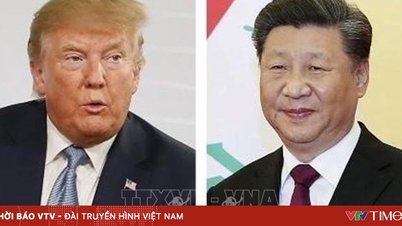



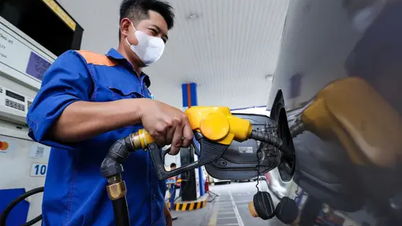

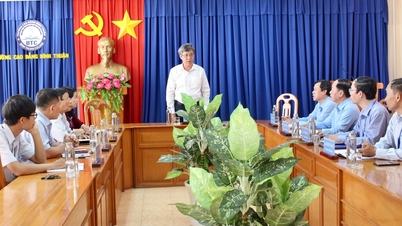



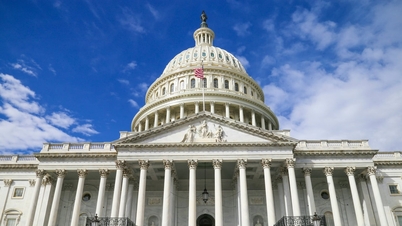




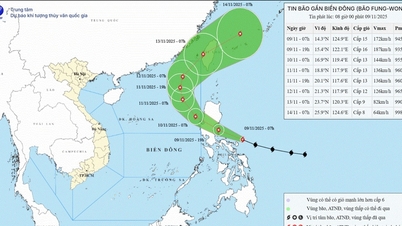
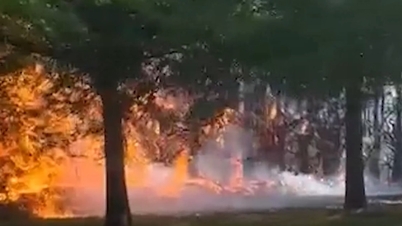
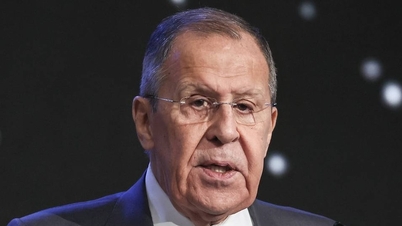




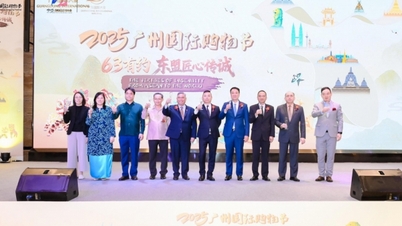


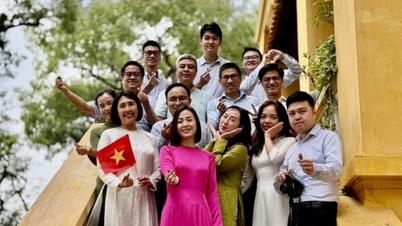
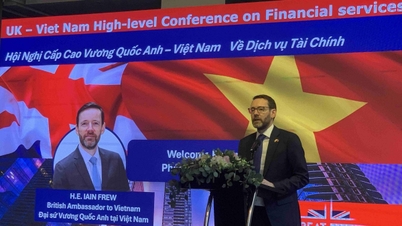
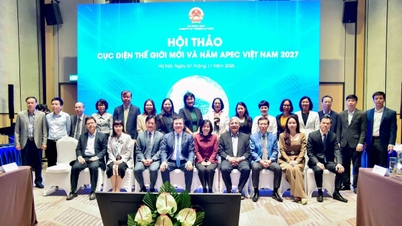







































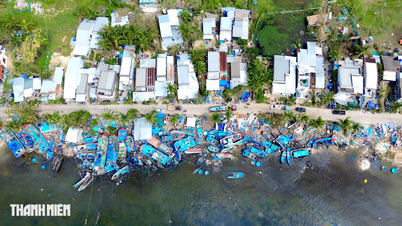
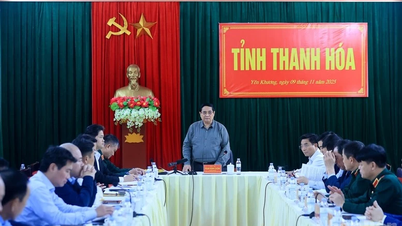




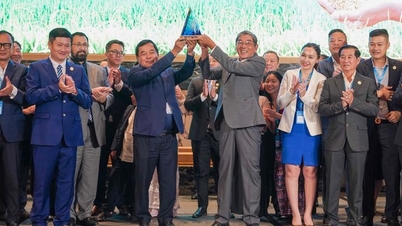



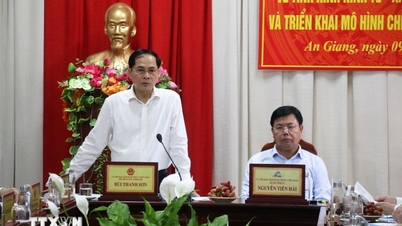



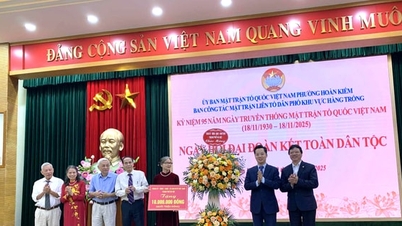



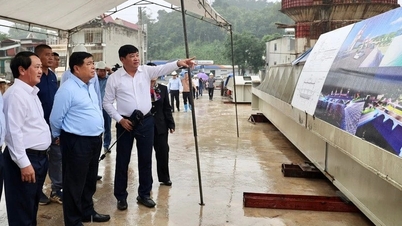


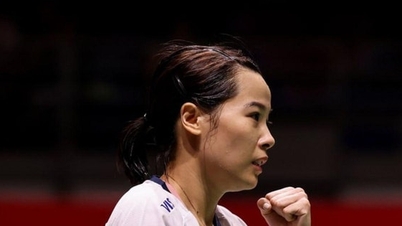











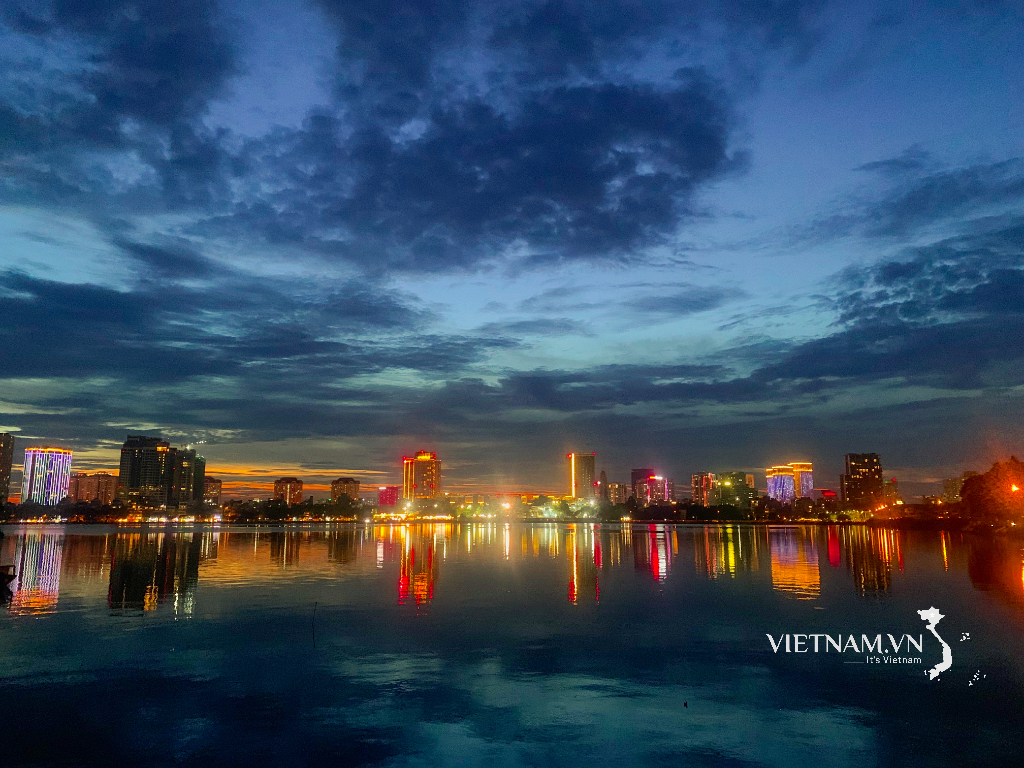


Comment (0)